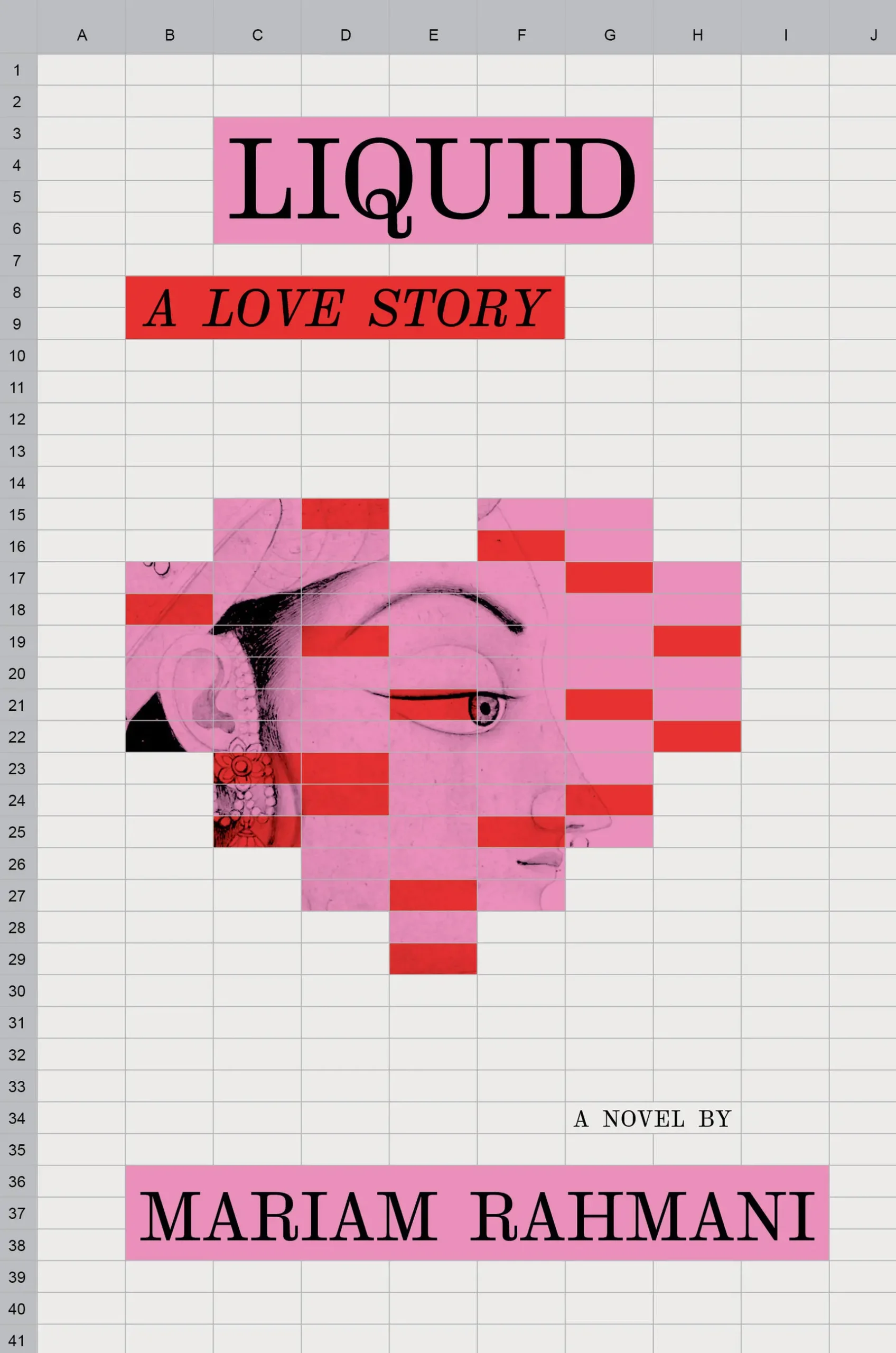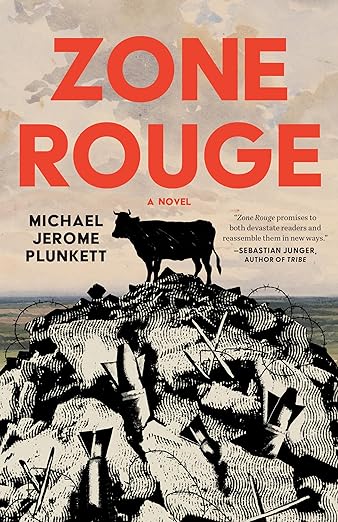MARNI BERGER interviews VALERIE DUFF

Valerie Duff is the author of the poetry collection To the New World. Her work has appeared or is forthcoming in The Prague Revue, Ploughshares, Blackbox Manifold, Poetry Northeast, AGNI, Gulf Coast, and Issue 07 of The Common. She is poetry editor of Salamander Magazine. Marni Berger and Valerie Duff spoke long distance this summer about Mexico City, Virginia, Boston, and writing poetry as if you’re sorting through a dream world.
Marni Berger (MB): What is it like being a writer in Boston?
Valerie Duff (VD): It’s hard for me to imagine being a writer anywhere else—I moved here twenty years ago when I started considering myself a writer. Most of the people I admire and first started working with were here. There are plenty of events and magazines, which keep me feeling in the writing community loop—like Salamander Magazine, which I’ve had a connection to from the beginning. I work with Chris Boucher at Post Road, now at Boston College. There are always things happening at The Grolier or Porter Square Bookstore or Newtonville Books. And I see Bill Pierce (AGNI) at most events.
MB: Did the literary community draw you to the city?
VD: I came to Boston to be an intern at AGNI. I was a reader at Salamander when it was first housed in Jennifer Barber’s attic. I managed to keep my hand there when my daughter was very small and I had stopped writing altogether. Jenny asked me to be poetry editor. That was a literary lifeline, really.
MB: Has traveling—the movement from one place to another—affected your writing process?
VD: Absolutely. I only started writing about Virginia, where I grew up, when I came to Boston, and I finished my book when I was in Ireland—there are many poems influenced by Dublin in the book. To the New World gave me a way to think of journeys in my poems, both literally and figuratively. My family traveled from Virginia to New Jersey every summer (my father was a college professor and had the summers off), and we lived in Mexico when I was eight—all these things helped heighten my perspective.
MB: How long did you live in Mexico?
VD: Only a year. But we traveled around quite a bit, based in Mexico City. It may have been my age and not my location, but it’s the first time I remember being aware of my surroundings and of differences in language and culture.
MB: It must have been fascinating to stay in Mexico City for a year at age eight. I wonder if that affected your growth as a writer. Did you always want to be a writer?
VD: It was so fantastically different from anything I’d encountered before—it’s hard to imagine a similar place. I felt a similarity the first time I went to Los Angeles, and then occasionally in Santa Fe, New Mexico when I was in college, but nothing really comparable. It was wonderful and traumatic in its difference.
To answer your question—if I have always wanted to be a writer—yes, I think I always have. My siblings tell me I have. I remember writing poems when I was very little, and then I moved into prose, and in high school, back to poetry. It was sort of a competitive thing. I was on a literary magazine staff and a girl brought in a really well-honed poem, and I thought, “I bet I can do something like that!” and I did. And I kept on doing it.

MB: What did your parents do for a living while you grew up? Did they encourage your artistic side?
VD: I was a late baby, so my parents had already had a life before I arrived. My brothers and sister grew up in Cuba and Colombia when my father was in the Foreign Service. He left shortly before I was born and went into teaching—he brought everyone back to Virginia, where he was from. My mother was a stay-at-home mom. Compared to parents of today, they were pretty hands off, which probably encouraged my artistic side. I had loads of unsupervised, unstructured time. My mom encouraged me as a reader—she had me reading before I was three. They never discouraged me as a writer, for sure. My dad was a writer, and although I have his books, I’ve never read them—they have titles like Leader and Party in Latin America and Violence and Repression in Latin America. He did write book reviews, though, which I read—he was a good writer, but our subject matters are very, very different.
MB: Do you have an ideal, fantasy writing spot? A place you’ll go to write some day when you get to retire?
VD: I have an ideal, fantasy writing spot now—and I get to go there! I head to the Virginia Center for the Creative Arts for days of solitude. A downside of Boston is that we live in a very small condo, and there are four of us. We have a corner desk in our dining room. Any location without people and without freelance work hanging over my head is an ideal, fantasy writing spot.
MB: What inspired you to write “Folk Magic,” your poem that appears in Issue 07 of The Common?
VD: “Folk Magic” started as fragments about five years ago when my father died suddenly. The poem probably took about three years to find its form and meaning. I started writing again at that time. I still had very small children—my son was under a year old—and I wasn’t writing at all before then.
MB: “Folk Magic” begins with “We are following the hearse”—thereby landing readers immediately into a world of grief. Is it reductive of me to be reminded of “Funeral Blues” by Auden? (Which I love.)
VD: Not reductive at all. I had Emily Dickinson’s “Because I Could Not Stop for Death” ringing in my head for most of it. (She has horses’ heads and I have their hooves.) But the Auden gets to the heart of it—to the heart of the loss.
MB:“Folk Magic” is full of motion. The second stanza begins with “skidded from the world.” And the final stanza, too, with the second and third lines—“sharp wind, brace / for final shift. Put your faith in.” The line ends after “in,” and so when I read it the first time, I felt I was being tipped off a cliff, not knowing right away what I was to “put my faith in.” Were you aware of movement and place as themes as you wrote this poem?
VD: I worked with that line for a bit, but yes, I wanted the tipping to happen. I also wanted the sense of “Put your faith in” in the enjambment, as in putting it into something (in this case, the wagon, which I suppose literally would be the mechanism that lowers the coffin into the ground—or in earlier times would just have been ropes, really).
I think I got lucky in the poem, with some of the breaks. The fragment that started it (besides the line: “We are following the hearse”) was the fragment “the body in the hearse steady / as a tree” and that felt like a gift, because that really set it in motion.

MB: Is the tone of your poetry affected by variables, such as writing in a certain room, on a certain computer, with lots of coffee or no coffee at all?
VD: Lots of coffee, absolutely! I don’t think I’m affected by writing in a certain room and I almost always write on the computer, but I do think I’m affected by the location of the poem. In “Folk Magic” it was April in Charlottesville, Virginia. I kept trying to work in the red clay on our shoes, but even if that didn’t come through, I think much of the memory of the burial did come through.
It took me a long time to sort through the images to find the way to focus on the burial. [In writing about death] there’s a lot of dream material to sort through. At first [I had] just a formless group of impressions about the body, and the funeral procession. The last half of the poem came much later.
MB: “There’s a lot of dream material to sort through”—that’s a relatable perspective on the writing process.
VD: It’s true, though. It goes so much farther than what you see in front of you.
MB: The poem is a glimpse of a whole world.
VD: Yes! I started with the place [that inspired the poem] and tried to move into a different world—but one that seems to have roots in every culture.
MB: Is it difficult writing about death?
VD: That’s funny you ask—it seems to be all I write about these days. Mostly my father’s death. I keep thinking “This poem won’t be about that at all,” and then: “there it is.” In a way it’s difficult for me to write about anything else. I think I’m trying to make sense of it as best I can—in this poem, both from a personal and hopefully more universal standpoint—but it does seem to crop up over and over.
I’m working on my second book now. The first one I suppose was largely about sex, the next one if I finish it is probably about death. I keep wondering where I’ll go from there.
*
Valerie Duff’s “Folk Magic,” appears in Issue 07 of The Common.
Marni Berger is a writer and teacher living in Portland, Maine.



